Reports
Reports and publications
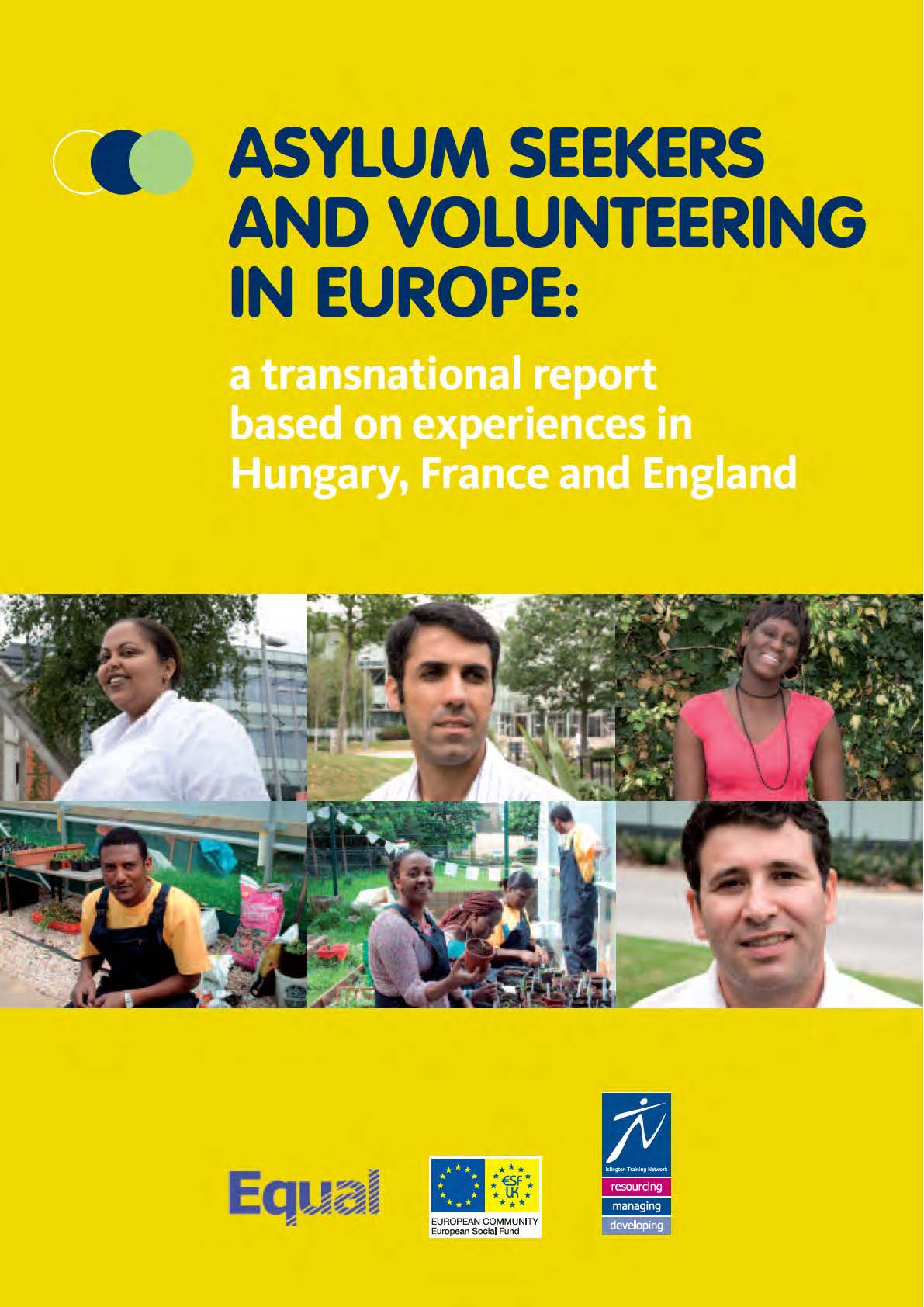
This report summarises the learning of the partners in Hungary, France and England that came together to form the EXCHANGES partnership, from 2004 to the end of 2007.The work of EXCHANGES focussed on the social and vocational integration of asylum seekers.
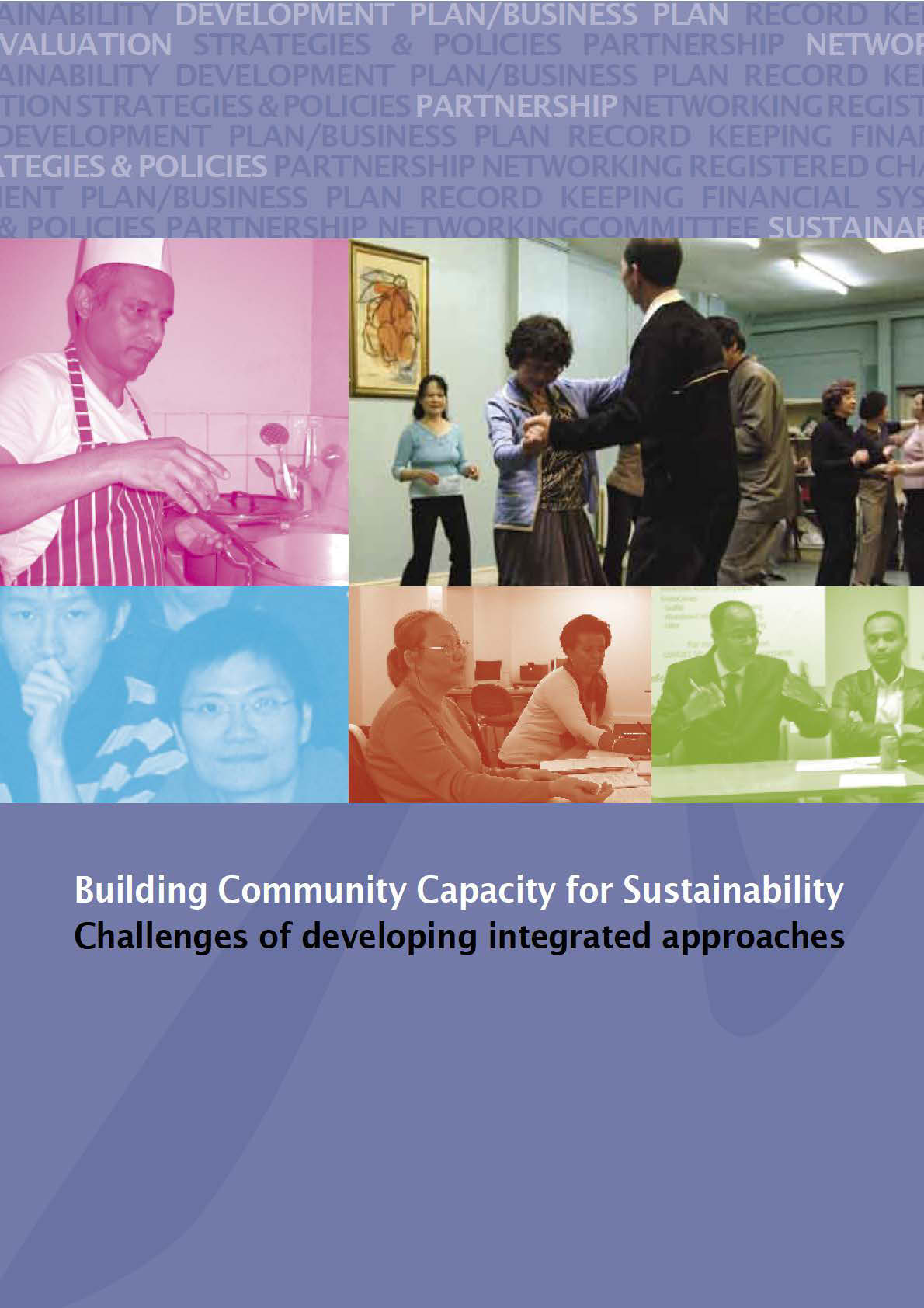
This publication highlights the key elements, challenges and lessons of the capacity building programme undertaken by Islington Training Network (ITN) on behalf of “Supporting Inclusion in Enterprise Development” (SIED) Development Partnership (DP) part-funded by the ESF Equal Programme 2004-2007.
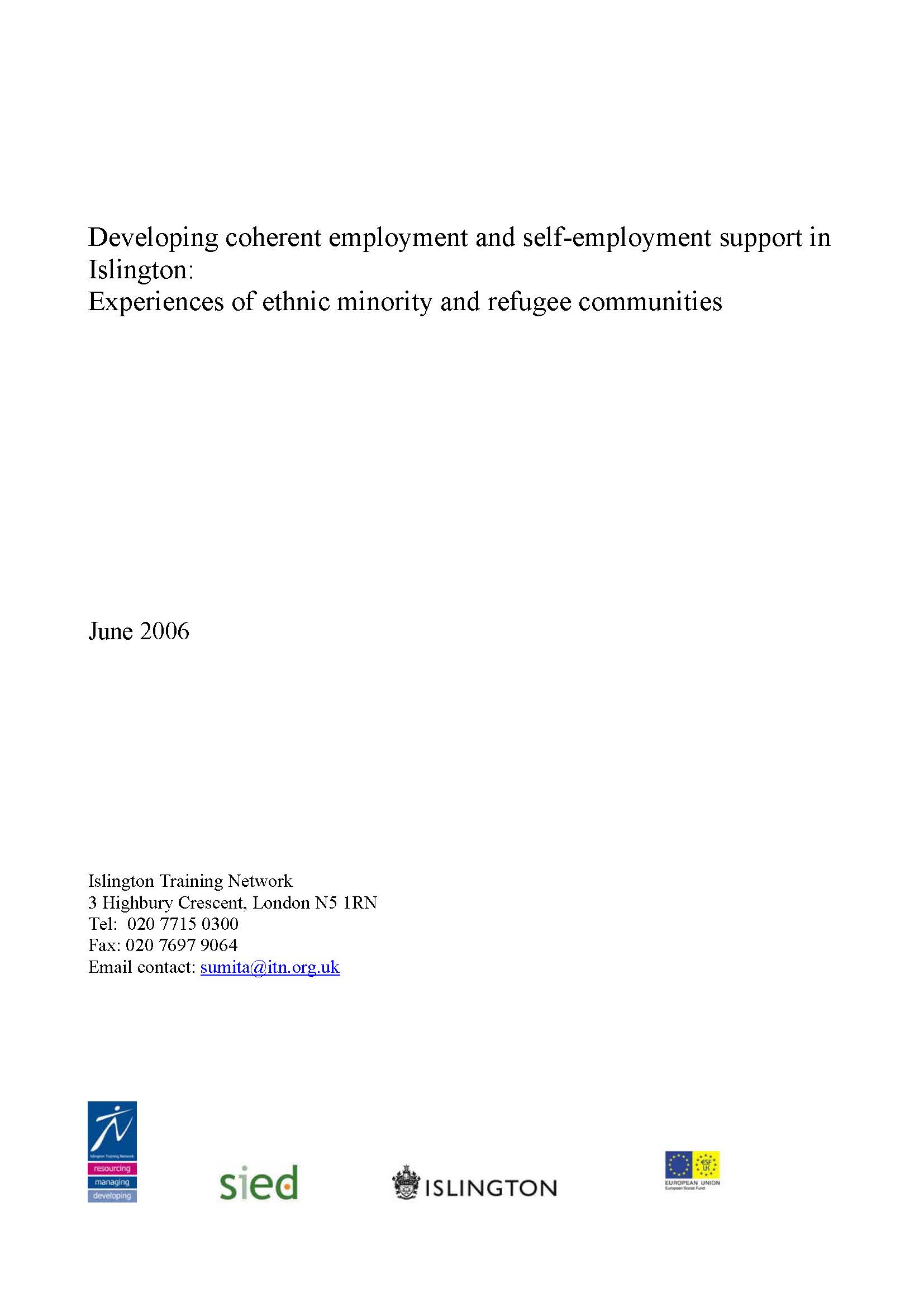
Experiences of ethnic minority and refugee communities (PDF 367 kB) 2006. This report provides a snapshot of Islington residents’ experiences of employment, self-employment and informal work. Findings from the report were used to inform London Borough of Islington’s Local Enterprise Growth Initiative (LEGI) bid in 2006.
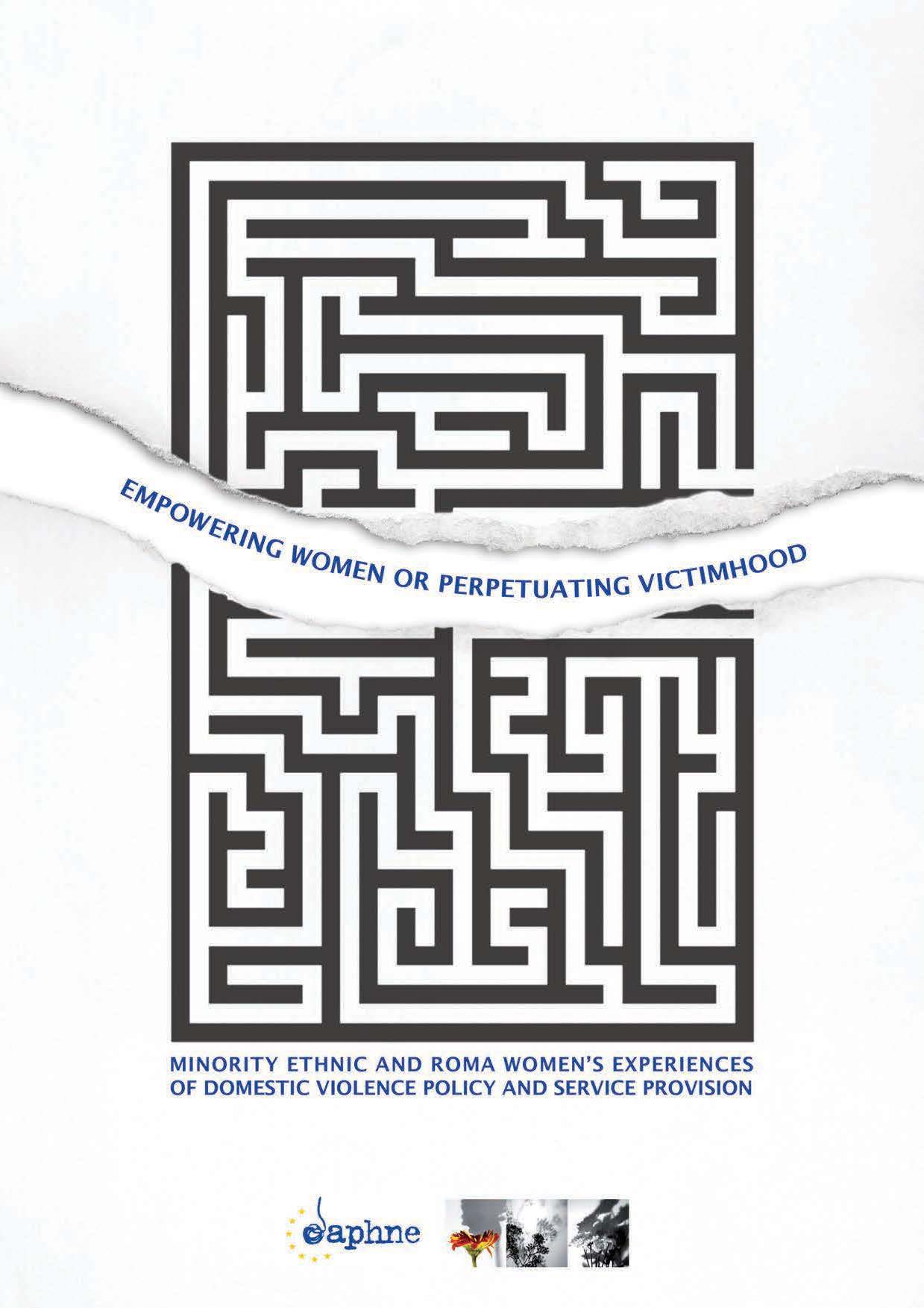
This report maps domestic violence policy and practive within the European Unint by documenting minority ethnic and Roma survivor’s experiences of frontline domestic violence services in the UK and Hungary.
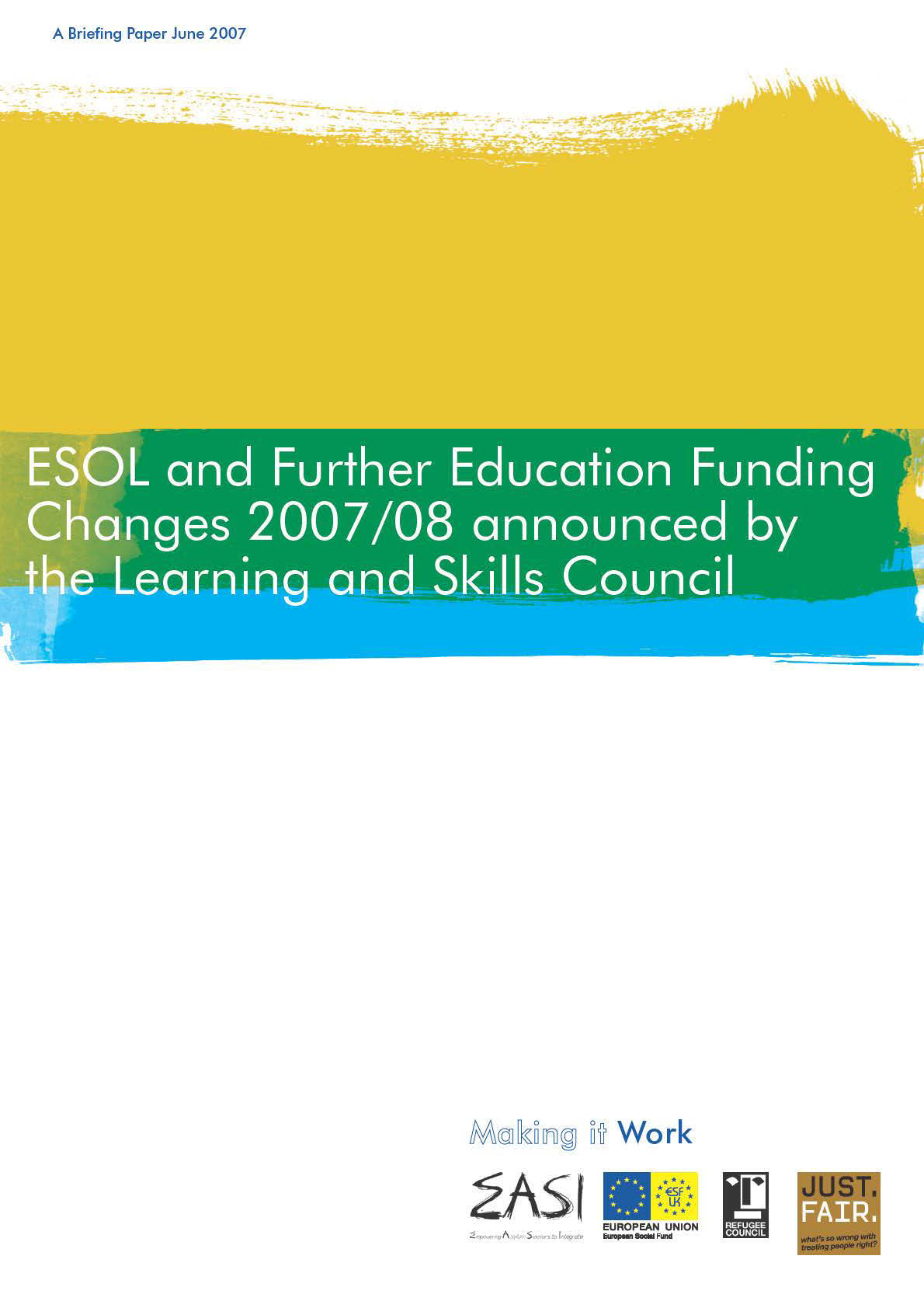
This briefing paper looks at changes in ESOL proposed by LSC and challenges faced by providers and learners.
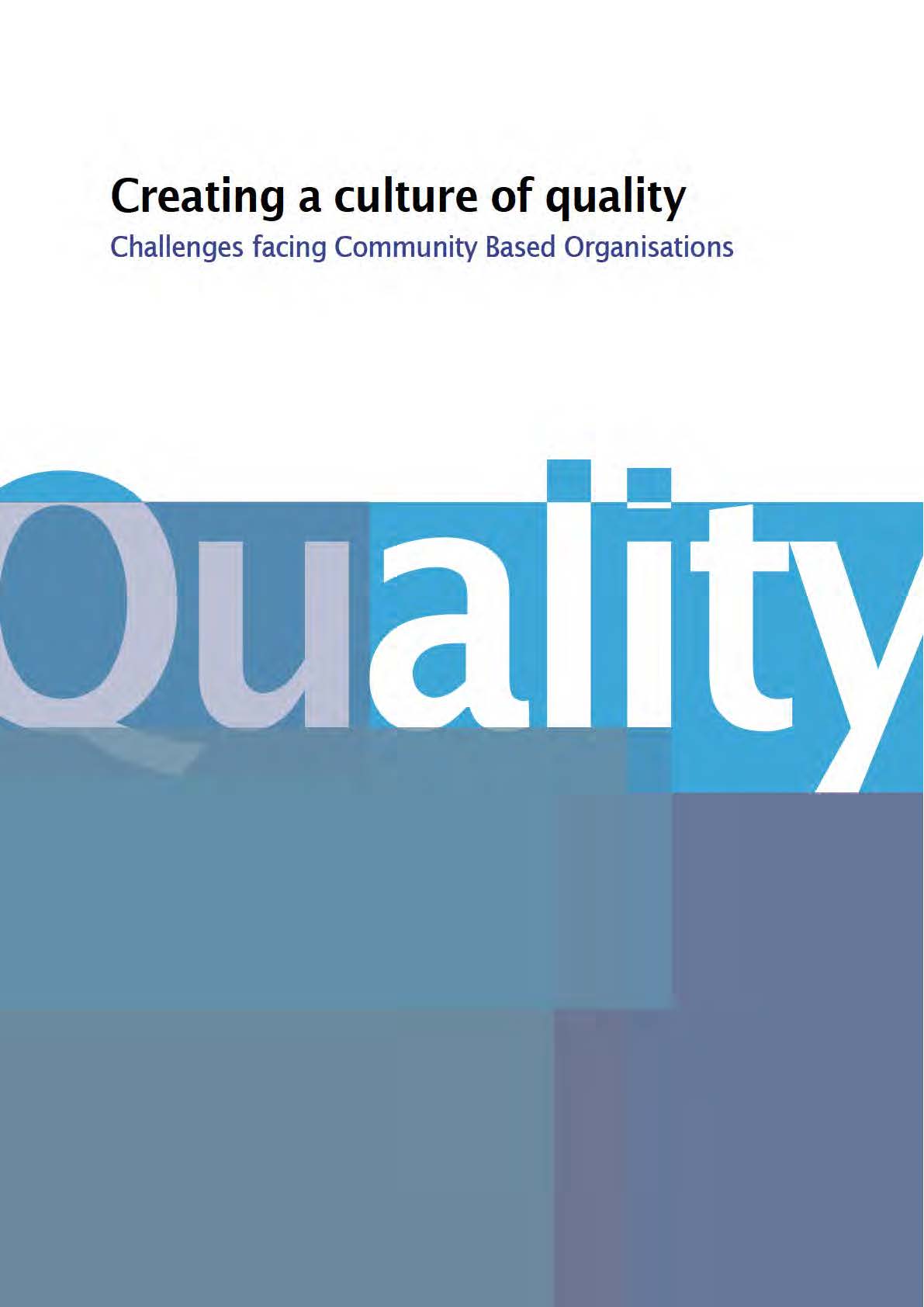
This report draws together the views and experiences of CBOs (Community Based Organisations), capacity building organisations and assessors from a quality assurance systems accreditation body

Islington Training Network co-ordinated the Showcase Innovation in Enterprise event on 18th July 2006 on behalf of the SIED Project. The cornerstone of the event was innovation, and it demonstrated the effectiveness of people-centred and holistic service delivery in bringing together complex processes of social inclusion and economic/enterprise development
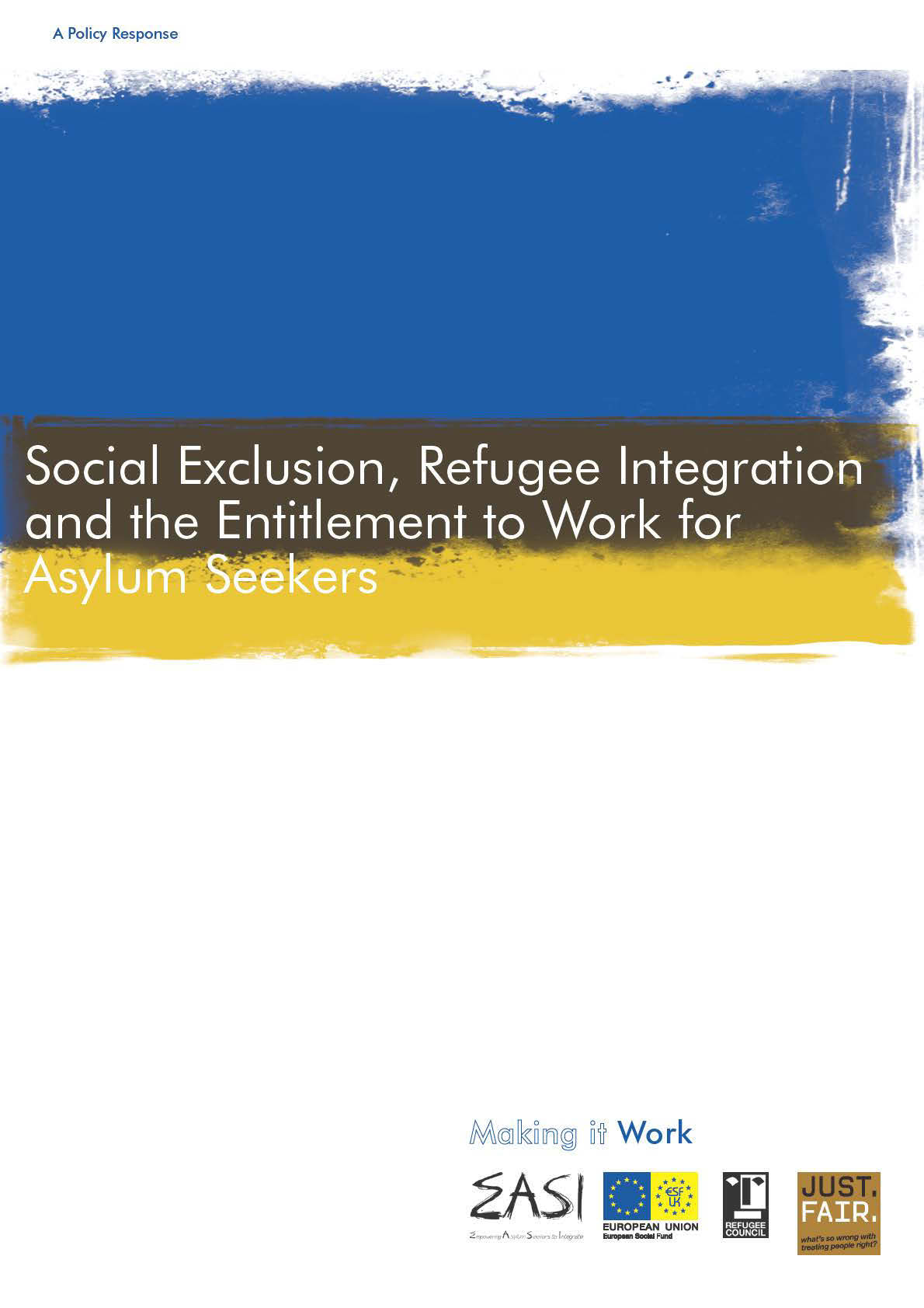
This paper is a response to Government policy regarding asylum seekers and right to work.
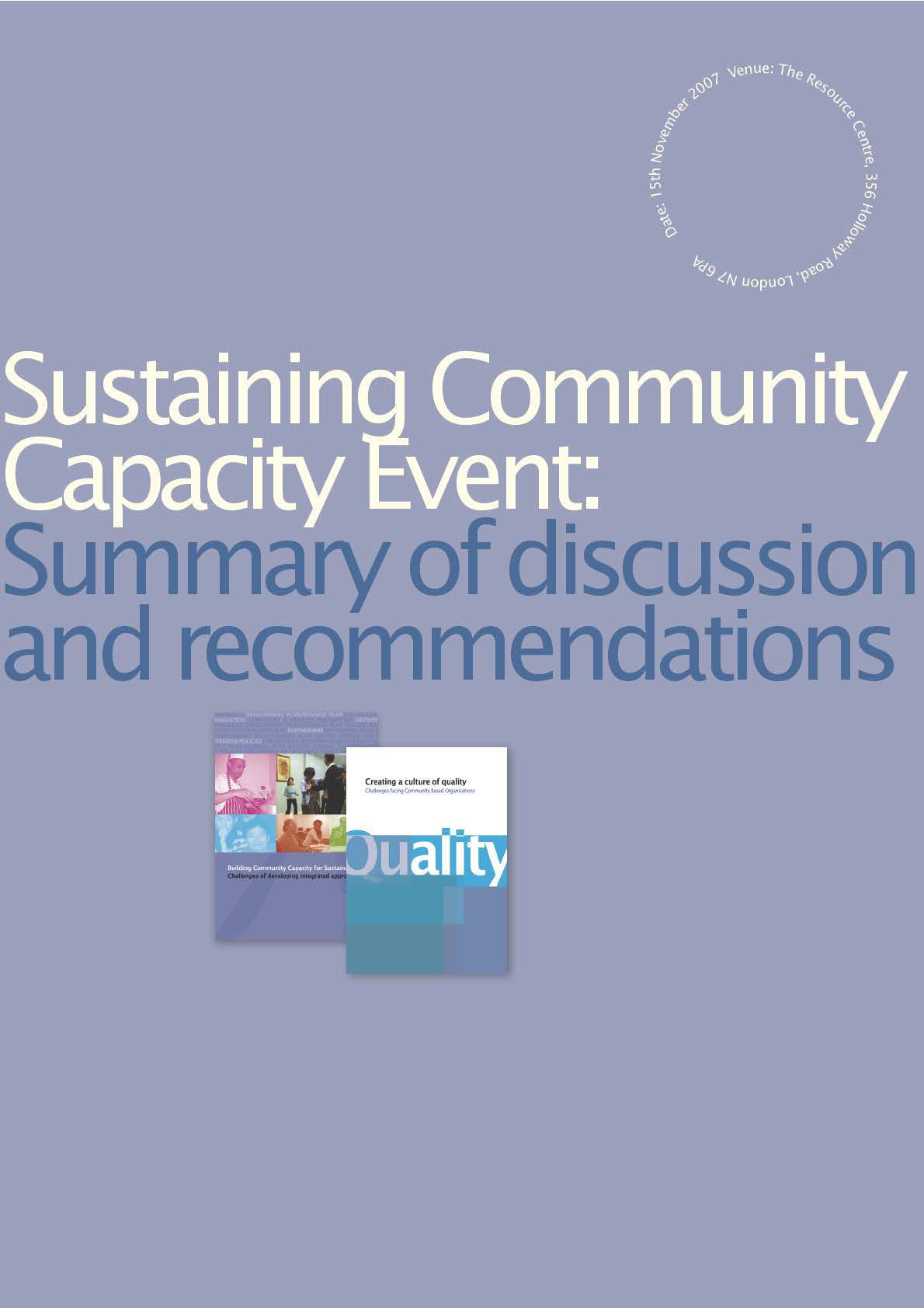
ITN delivered the ‘Sustaining Community Capacity’ event on 15th November 2007 to raise awareness of the important contributions to society made by Community Based Organisations (CBOs) and the challenges they currently face when accessing funding and delivering services.
